When we think about the victims of crime, we think of people who have been mugged, assaulted or had their homes burgled.
We often don’t think about those who have been scammed, bullied, hit by online fraud or who live beside the neighbour from hell.
One organisation with vast experience of dealing with the aftermath of these and many more types of crime is Victim Assistance.
Founded in 2005 and based in Kiltimagh, Co Mayo, this voluntary group aims to support people through the trauma and worry they face after being the victim of a crime.
You wouldn’t think negotiating solutions over rights of way was an area of expertise for Victim Assistance, but it is according to national co-ordinator Michael O’Connor.
“We had a case of two neighbours who had lived alongside each other for years and who shared a right of way.
"One of the neighbours was repairing the right of way and as he started work, the other neighbour arrived and assaulted him and his partner so badly that they both ended up in hospital.
"After the gardaí referred the case to Victim Assistance, our experienced volunteers intervened and recommended mediation for both parties. They both signed up to a deal and there’s been no trouble since.”
Volunteers
The people who work with Victim Assistance are all volunteers and are from a wide range of backgrounds and ages. All are hand-picked, have undergone six months training, are gardaí vetted and have solid life experience.
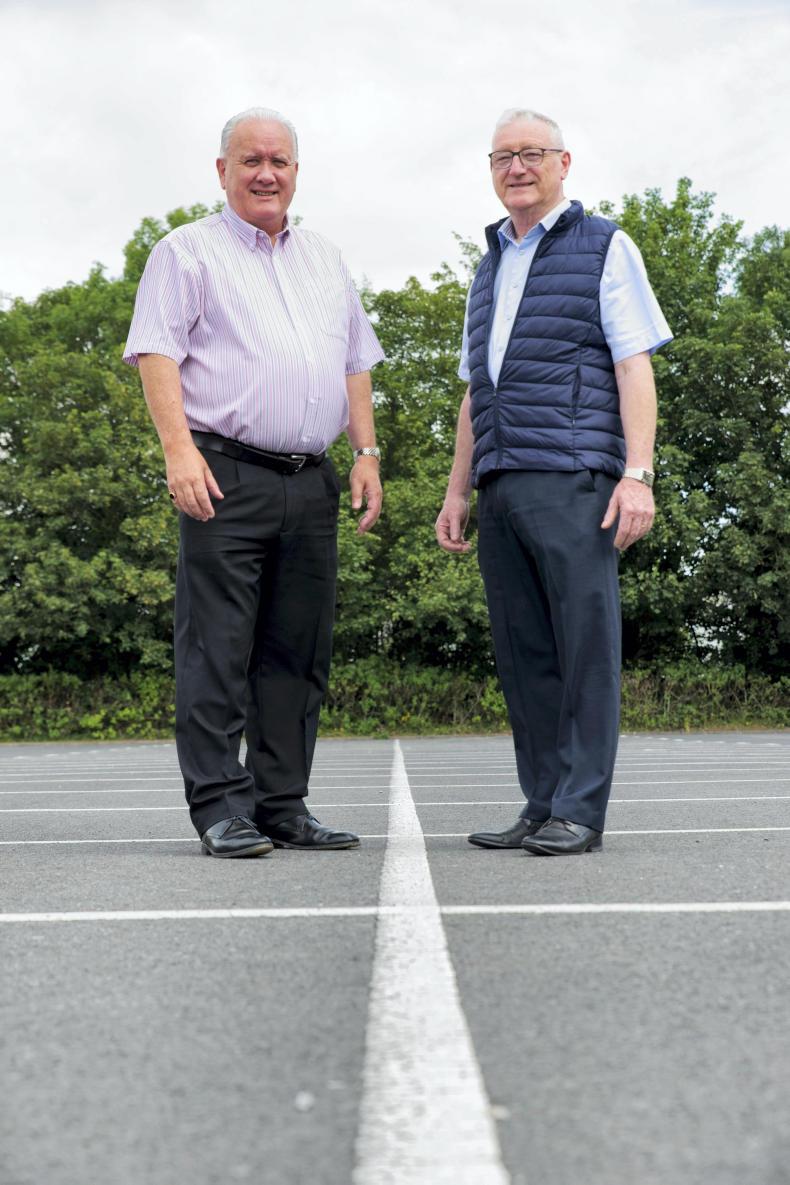
“What’s really important in selecting volunteers is their empathy and how they communicate with people in trouble. Another essential characteristic is their respect for confidentiality,” says Michael.
People may have the perception that organisations such as Victim Assistance are manned by volunteers who are retired gardaí but that’s not the case says Michael.
He is a self-employed garage owner, while national chairman Tom Brophy is a seafood wholesaler.
Currently there are 49 volunteers working with Victim Assistance – that’s up from 24 volunteers a year ago.
“Due to unprecedented growth, we expect that number to grow to 80 in the next six months,” says Tom.
People are referred to Victim Assistance by the gardaí while others come directly or through the freephone number.
“We take great pride in that once we get word about a situation, we can have an appropriately trained, experienced and briefed team of two with the victim within 24 hours,” says Michael.
“That meeting can be in their home or another location of their choice. The bigger story comes out when we sit down and talk. At all times confidentiality is the cornerstone of everything we do.”
Offering support
In the first six months of 2019, Victim Assistance has supported over 2,500 people.
Some examples of the types of incidents they have assisted victims with are assault, theft, domestic violence and disputes, road traffic accidents, homicide, harassment, burglary, online scams, neighbours from hell, right of way disputes, family breakdown, bullying, criminal damage, housing issues, barring orders, general enquiries re garda/court etc.
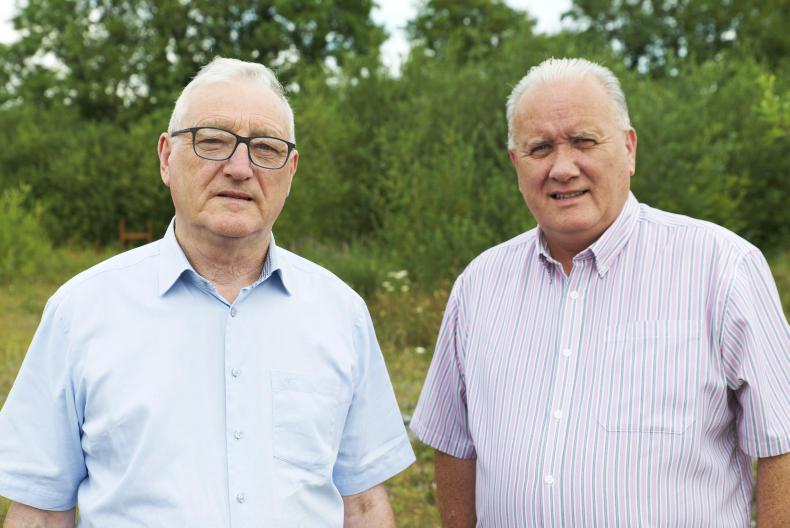
\ David Ruffles
Anyone who calls the freephone number 1800-277-477 or is referred from the Gardaí victim’s unit will be supported by Victim Assistance. The first contact will be made with Michael.
“I’m always at the end of that phone,” he says.
Michael will assign two people to visit the victim. They will be knowledgeable about the situation. They won’t be local people as confidentially is key.
Victim Assistance is unique in that it visits people in their homes not just once but as many times as is necessary.
“The ability to listen is a rare enough skill and that’s what we want in our volunteers. When a victim knows they are being listened to, so much more comes out and it’s easier to communicate.
Part of the journey is that the victim identifies the role they had in the incident. How did the trouble start? What happened next? They need to own it,” says Michael.
Specialist supports
Victim Assistance also provides a specialist courts service support where a trained volunteer will accompany a victim to court and help support the person through the system.
Tourists who have been the victim of a crime can also be supported and can be referred to the Tourist Victim Service, which is based in Dublin.
Victim Assistance also supports victims of trauma, as Tom explains. “We had a case where two people were travelling in a car and sadly there was a fatality – the driver escaped injury but the passenger was killed.
The driver took the death badly and was suicidal, but Victim Assistance supported him and after several visits, he is now in a better place and is looking forward to going back to work.”
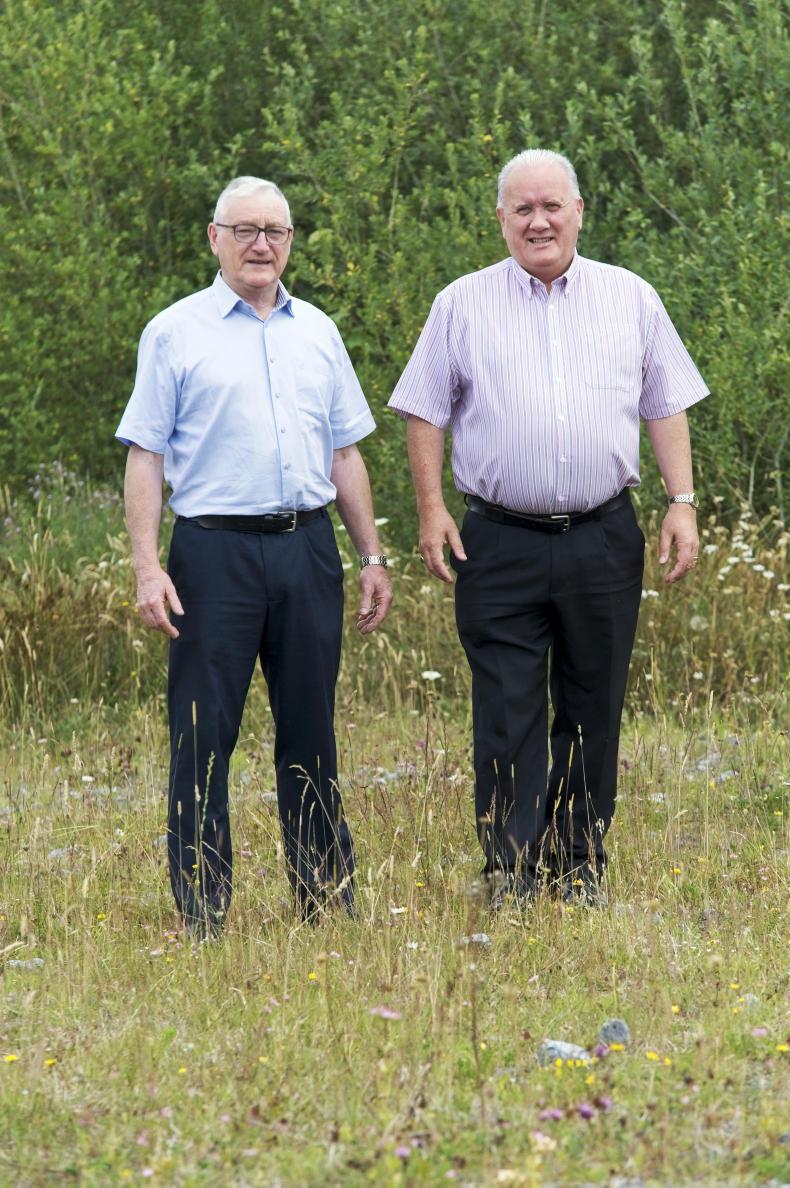
\ David Ruffles
In another case Victim Assistance was contacted by a woman who had been forced out of her home.
“She had bought her house in a council estate and the council moved a tenant from hell into the house beside her.
"Things got so bad that she had to move out. The gardaí helped a little, the county council did nothing. When she contacted Victim Assistance, she’d been out of her home for six months.
“We made the council own their responsibility for the problem. It took time but we stayed at it until the council bought her out. She got a new life with the help of Victim Assistance,” says Michael.
Taking precautions
Both men say the volume of crime being committed is greater than ever.
“We can’t believe the number of people who announce to the world via social media that they are on holidays. Local opportunists can pass this information on to criminals from another part of the country.”
“When talking about holidays, people should say as little as possible and be vague about departure and return dates. Don’t help the criminals by giving them information.”
Both Tom and Michael say bullying is on the increase too.
“Bullying is a crime and if reported to the gardaí, they will refer the victim to the supports offered by Victim Assistance.
The message they really want to get out to Irish Country Living readers is that Victim Assistance is there to help. “We are more than delighted to support anyone who needs our help.
“The freephone number is 1800-277-477 and it is manned seven days a week.
"We work closely with the various garda victim support offices throughout the country, along with other charities and organisations including Victim Support Northern Ireland and Victim Support Europe."
‘They gave me the strength to carry on’
Julie had a rental property and was faced with tenants who were not paying their rent. What’s more, they were forging her signature to obtain rent supplement.
I agreed and it was the best thing I did
“I had a mortgage to pay and I could get nowhere with the tenants. They knew how to work the system.”
Julie reported the situation to the gardaí and was asked if she wanted a call from Victim Assistance.
“I agreed and it was the best thing I did. Having someone just listen to me took a big strain off my shoulders. They visited me twice and phoned several times. They gave me the strength to carry on.”
I got a text from her saying ‘I want to die’
From a young age, Bernadette’s eldest daughter was bullied at school. Ten years later and that bullying hasn’t stopped. The bullying was being done by a gang led by a ringleader and they were all in her school. The little girl was regularly pushed around, slammed into door frames and kicked. Another boy in the class was also targeted by this gang.
Bernadette met the school principal several times but nothing was done.
“I was told my daughter was too sensitive and she needed to toughen up. As far as I could see, the only reason she was targeted was because she worked hard and was quiet.”
I will never forget that morning
The bullying continued when she went to secondary school. The ringleader and gang also attended the school and they all travelled on the same school bus. “My daughter always tried to sit behind the driver but one day she got caught out and had to sit down the bus. The gang stabbed her with compasses, threw stuff at her and put chewed gum in her hair. She also suffered horrendous verbal abuse.
“I will never forget that morning. I got a text from her saying ‘I want to die’. That assault is now in the hands of the gardaí.”
Eighteen months ago, the garda victim support services asked if the family wanted to talk to Victim Assistance.
“They came to our house and their support has been invaluable. They have visited us several times and we speak on the phone regularly. They put us in contact with others who can help and have also guided us through the legal situation. They are always there and have been a lifeline for us.”
When we think about the victims of crime, we think of people who have been mugged, assaulted or had their homes burgled.
We often don’t think about those who have been scammed, bullied, hit by online fraud or who live beside the neighbour from hell.
One organisation with vast experience of dealing with the aftermath of these and many more types of crime is Victim Assistance.
Founded in 2005 and based in Kiltimagh, Co Mayo, this voluntary group aims to support people through the trauma and worry they face after being the victim of a crime.
You wouldn’t think negotiating solutions over rights of way was an area of expertise for Victim Assistance, but it is according to national co-ordinator Michael O’Connor.
“We had a case of two neighbours who had lived alongside each other for years and who shared a right of way.
"One of the neighbours was repairing the right of way and as he started work, the other neighbour arrived and assaulted him and his partner so badly that they both ended up in hospital.
"After the gardaí referred the case to Victim Assistance, our experienced volunteers intervened and recommended mediation for both parties. They both signed up to a deal and there’s been no trouble since.”
Volunteers
The people who work with Victim Assistance are all volunteers and are from a wide range of backgrounds and ages. All are hand-picked, have undergone six months training, are gardaí vetted and have solid life experience.

“What’s really important in selecting volunteers is their empathy and how they communicate with people in trouble. Another essential characteristic is their respect for confidentiality,” says Michael.
People may have the perception that organisations such as Victim Assistance are manned by volunteers who are retired gardaí but that’s not the case says Michael.
He is a self-employed garage owner, while national chairman Tom Brophy is a seafood wholesaler.
Currently there are 49 volunteers working with Victim Assistance – that’s up from 24 volunteers a year ago.
“Due to unprecedented growth, we expect that number to grow to 80 in the next six months,” says Tom.
People are referred to Victim Assistance by the gardaí while others come directly or through the freephone number.
“We take great pride in that once we get word about a situation, we can have an appropriately trained, experienced and briefed team of two with the victim within 24 hours,” says Michael.
“That meeting can be in their home or another location of their choice. The bigger story comes out when we sit down and talk. At all times confidentiality is the cornerstone of everything we do.”
Offering support
In the first six months of 2019, Victim Assistance has supported over 2,500 people.
Some examples of the types of incidents they have assisted victims with are assault, theft, domestic violence and disputes, road traffic accidents, homicide, harassment, burglary, online scams, neighbours from hell, right of way disputes, family breakdown, bullying, criminal damage, housing issues, barring orders, general enquiries re garda/court etc.

\ David Ruffles
Anyone who calls the freephone number 1800-277-477 or is referred from the Gardaí victim’s unit will be supported by Victim Assistance. The first contact will be made with Michael.
“I’m always at the end of that phone,” he says.
Michael will assign two people to visit the victim. They will be knowledgeable about the situation. They won’t be local people as confidentially is key.
Victim Assistance is unique in that it visits people in their homes not just once but as many times as is necessary.
“The ability to listen is a rare enough skill and that’s what we want in our volunteers. When a victim knows they are being listened to, so much more comes out and it’s easier to communicate.
Part of the journey is that the victim identifies the role they had in the incident. How did the trouble start? What happened next? They need to own it,” says Michael.
Specialist supports
Victim Assistance also provides a specialist courts service support where a trained volunteer will accompany a victim to court and help support the person through the system.
Tourists who have been the victim of a crime can also be supported and can be referred to the Tourist Victim Service, which is based in Dublin.
Victim Assistance also supports victims of trauma, as Tom explains. “We had a case where two people were travelling in a car and sadly there was a fatality – the driver escaped injury but the passenger was killed.
The driver took the death badly and was suicidal, but Victim Assistance supported him and after several visits, he is now in a better place and is looking forward to going back to work.”

\ David Ruffles
In another case Victim Assistance was contacted by a woman who had been forced out of her home.
“She had bought her house in a council estate and the council moved a tenant from hell into the house beside her.
"Things got so bad that she had to move out. The gardaí helped a little, the county council did nothing. When she contacted Victim Assistance, she’d been out of her home for six months.
“We made the council own their responsibility for the problem. It took time but we stayed at it until the council bought her out. She got a new life with the help of Victim Assistance,” says Michael.
Taking precautions
Both men say the volume of crime being committed is greater than ever.
“We can’t believe the number of people who announce to the world via social media that they are on holidays. Local opportunists can pass this information on to criminals from another part of the country.”
“When talking about holidays, people should say as little as possible and be vague about departure and return dates. Don’t help the criminals by giving them information.”
Both Tom and Michael say bullying is on the increase too.
“Bullying is a crime and if reported to the gardaí, they will refer the victim to the supports offered by Victim Assistance.
The message they really want to get out to Irish Country Living readers is that Victim Assistance is there to help. “We are more than delighted to support anyone who needs our help.
“The freephone number is 1800-277-477 and it is manned seven days a week.
"We work closely with the various garda victim support offices throughout the country, along with other charities and organisations including Victim Support Northern Ireland and Victim Support Europe."
‘They gave me the strength to carry on’
Julie had a rental property and was faced with tenants who were not paying their rent. What’s more, they were forging her signature to obtain rent supplement.
I agreed and it was the best thing I did
“I had a mortgage to pay and I could get nowhere with the tenants. They knew how to work the system.”
Julie reported the situation to the gardaí and was asked if she wanted a call from Victim Assistance.
“I agreed and it was the best thing I did. Having someone just listen to me took a big strain off my shoulders. They visited me twice and phoned several times. They gave me the strength to carry on.”
I got a text from her saying ‘I want to die’
From a young age, Bernadette’s eldest daughter was bullied at school. Ten years later and that bullying hasn’t stopped. The bullying was being done by a gang led by a ringleader and they were all in her school. The little girl was regularly pushed around, slammed into door frames and kicked. Another boy in the class was also targeted by this gang.
Bernadette met the school principal several times but nothing was done.
“I was told my daughter was too sensitive and she needed to toughen up. As far as I could see, the only reason she was targeted was because she worked hard and was quiet.”
I will never forget that morning
The bullying continued when she went to secondary school. The ringleader and gang also attended the school and they all travelled on the same school bus. “My daughter always tried to sit behind the driver but one day she got caught out and had to sit down the bus. The gang stabbed her with compasses, threw stuff at her and put chewed gum in her hair. She also suffered horrendous verbal abuse.
“I will never forget that morning. I got a text from her saying ‘I want to die’. That assault is now in the hands of the gardaí.”
Eighteen months ago, the garda victim support services asked if the family wanted to talk to Victim Assistance.
“They came to our house and their support has been invaluable. They have visited us several times and we speak on the phone regularly. They put us in contact with others who can help and have also guided us through the legal situation. They are always there and have been a lifeline for us.”







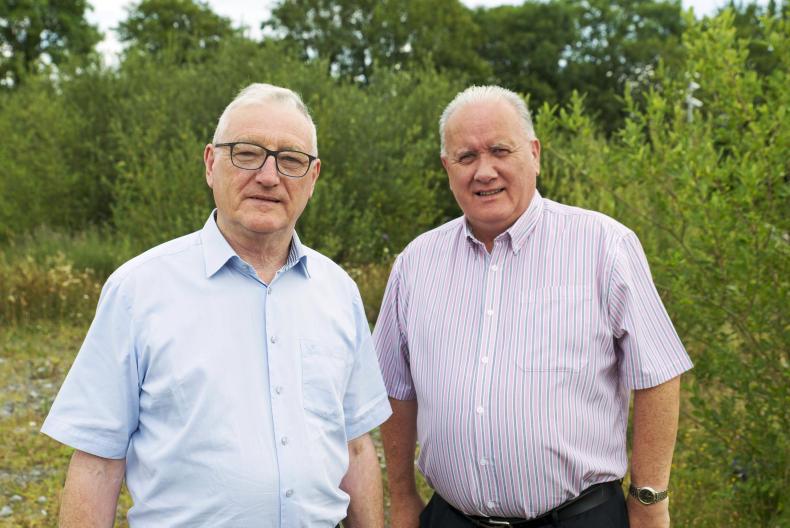


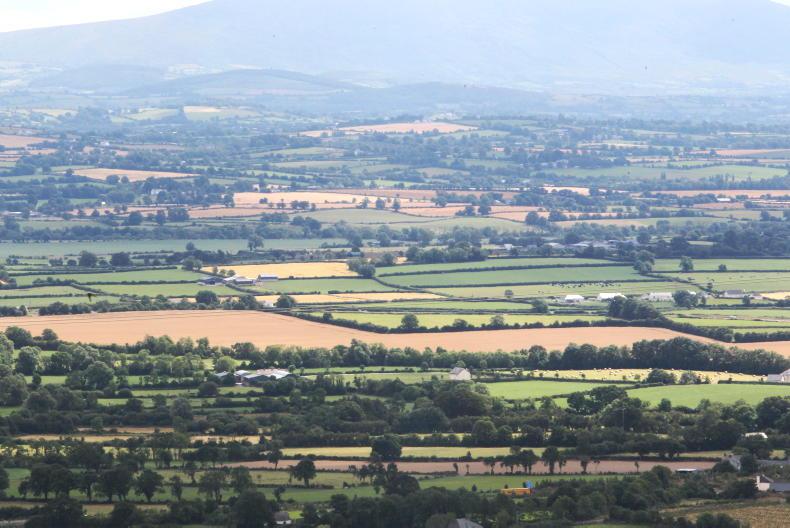
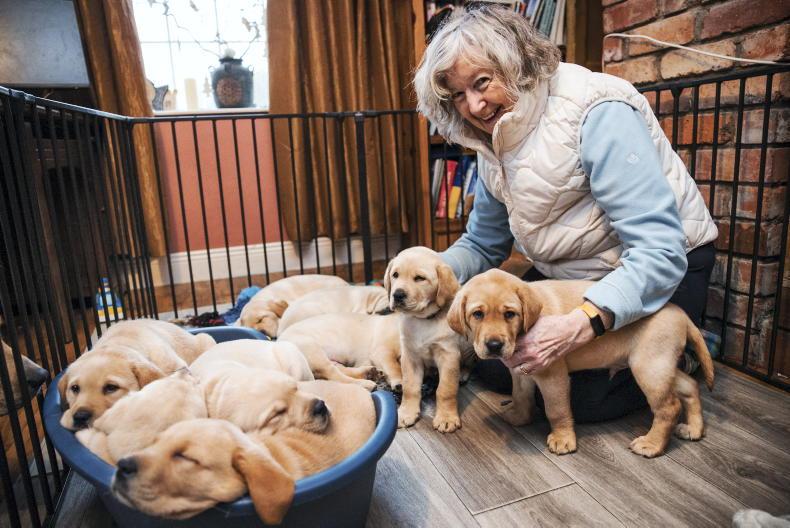
SHARING OPTIONS